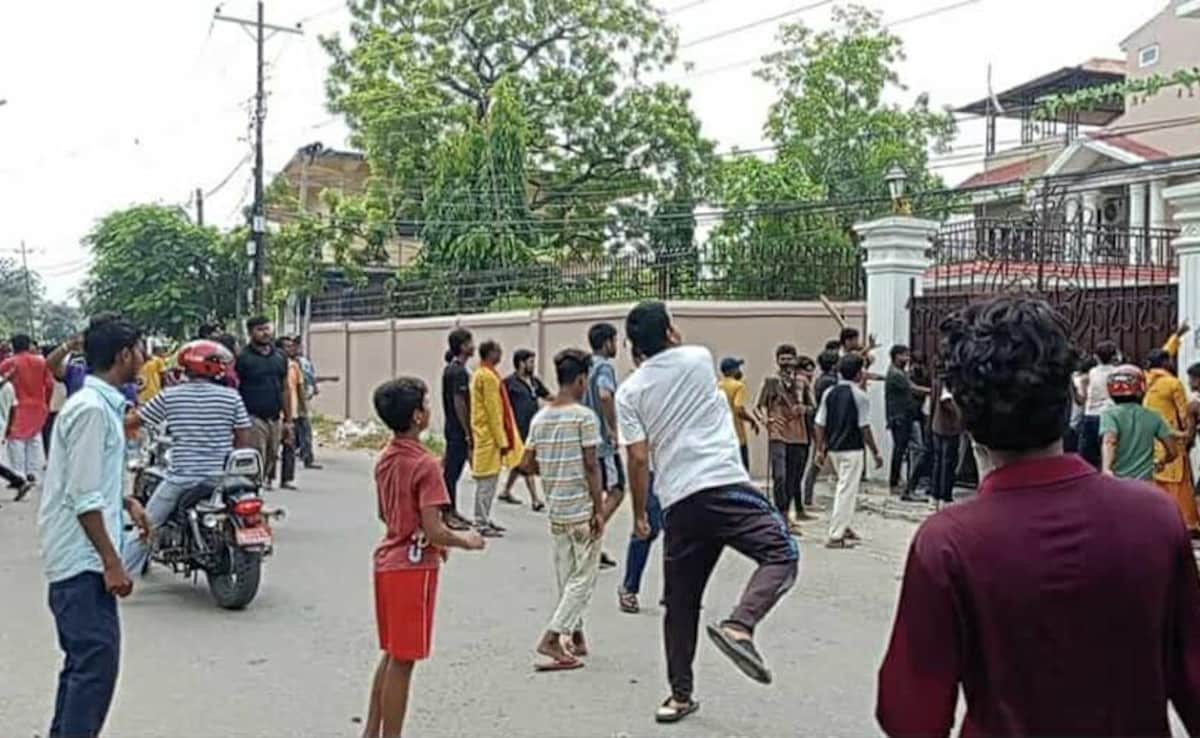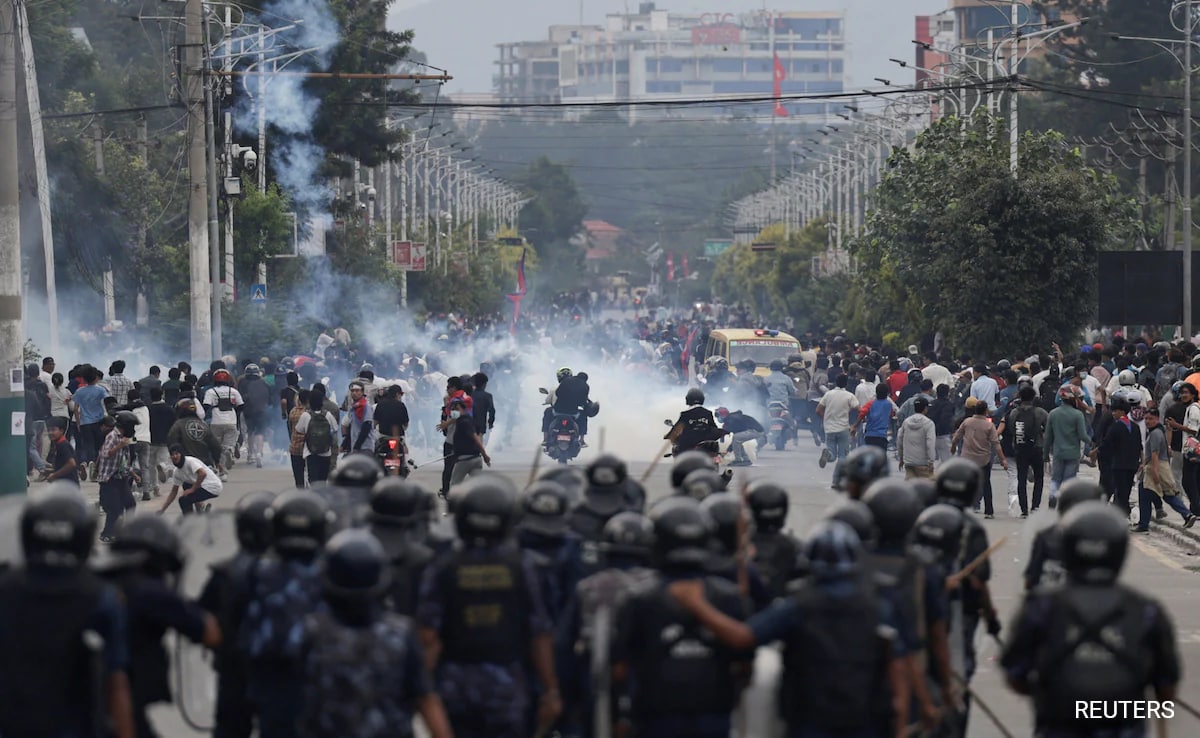For many at the camp, sealed off from outside access in a way that works to keep their plight hidden away, Francis’s visit felt like a puncture to the bubble. Asylum seekers lined up before the pontiff’s arrival, reaching to touch him or hug him when he exited the popemobile. Unmasked, and sometimes moving uneasily, the pontiff spent the next 25 minutes shaking hundreds of hands.
And yet in returning to this island for the first time in five years, Francis was also forced to confront his own limits to change minds and shape policy. His ideas — once part of a European debate over the proper approach — are now outside the continent’s political mainstream. And a recent flash point on the border with Belarus showed the prevailing European Union sentiment: to keep migrants from entering.
Francis, speaking in a white tent with several hundred migrants, again and again aired his frustration. He said progress on migration has been “terribly absent.” He called it an “illusion” to think a society could safeguard itself without helping those who “knock at our door.” He said respect for human rights should be upheld — “especially on this continent, which is constantly promoting them worldwide.”
“Let us stop ignoring reality,” Francis said. “How many conditions exist that are unworthy of human beings? How many hotspots [are there] where migrants and refugees live in borderline conditions, without glimpsing solutions on the horizon?”
The pope’s previous visit to Lesbos came in 2016, a trip most remembered for Francis’s dramatic move of flying back to Rome with 12 Syrians aboard the papal plane. It was a point in the immediate aftermath of a massive migration wave, as the repercussions of that influx were starting to emerge.
Five years later, Lesbos has become as good a place as any to see what has changed.
Near the same villages where fishermen once helped migrants come ashore, Greek security forces now run operations to push migrants back into Turkish waters, in violation of international law. Those who do have the luck to reach Greek land wind up in a tightly controlled camp where most residents can exit only two days per week. A new decree has reduced the odds that migrants receive protection. Greek newspapers increasingly call the arrivals “illegal migrants” rather than asylum seekers.
The island’s camp is about five minutes away from the island’s largest city, wind-whipped and hard on the sea. It was constructed in a hurry, after a fire last year ravaged the previous iteration — a sprawl of tents, at one point holding as many as 19,500 people, that was often described as the most hellish place in Europe. This replacement, by comparison, has no overcrowding. It houses some 3,800 people. But the conditions are uneven: some migrants live in tents, others in shipping containers. Some migrants have heat, others do not. Residents said they noticed camp officials furiously removing a month’s worth of garbage before the pope’s visit.
“So at least the pope got them that,” said Liza Papadimitriou, an advocacy manager for Doctors Without Borders, which works on Lesbos. “Even if nothing else changes in the long term — hey, they cleaned it.”
Some who live at the camp have been there upward of two years. They remember the nighttime fights of the old camp, which had little security. They have children who’ve missed multiple grades of school. They’ve spent multiple winters in tents. They dealt with the aftermath of last year’s fire — when thousands were cast onto the streets until the new camp was built.
One migrant pointed to a stretch of pavement near a supermarket and described spending 10 nights there with his wife and two children. He reached into his pocket and showed pills to help him sleep and cope with depression, prescribed by a psychiatrist who deals with those at the camp.
“My [7-year-old] son is seeing a psychiatrist too,” said the father, from Afghanistan, who asked that his name not be used out of fear that speaking would reduce his asylum chances.
Sayed Ahmadzia Ebrahimi contributed to this report.
.png)











 English (United States) ·
English (United States) ·  Turkish (Turkey) ·
Turkish (Turkey) ·